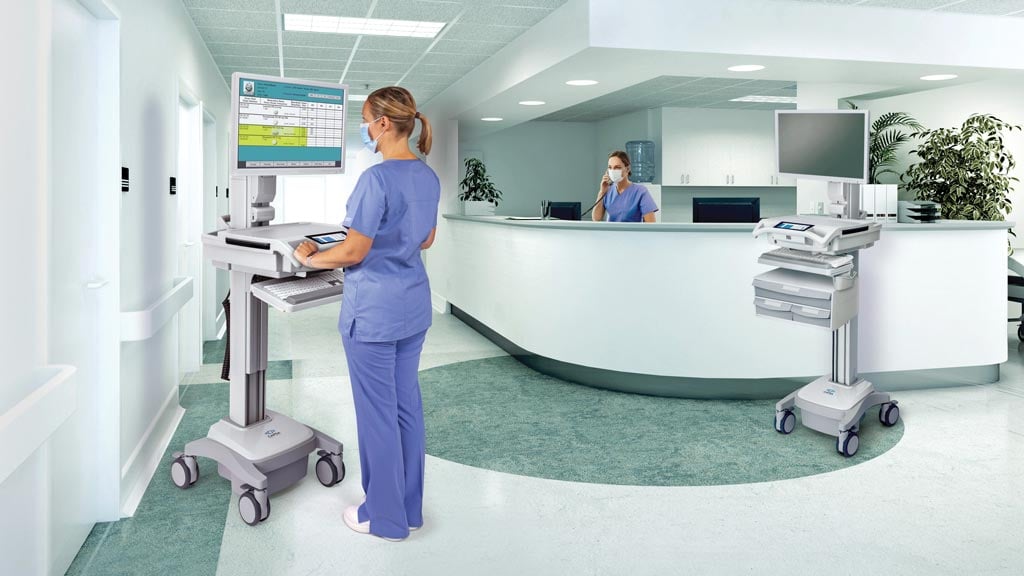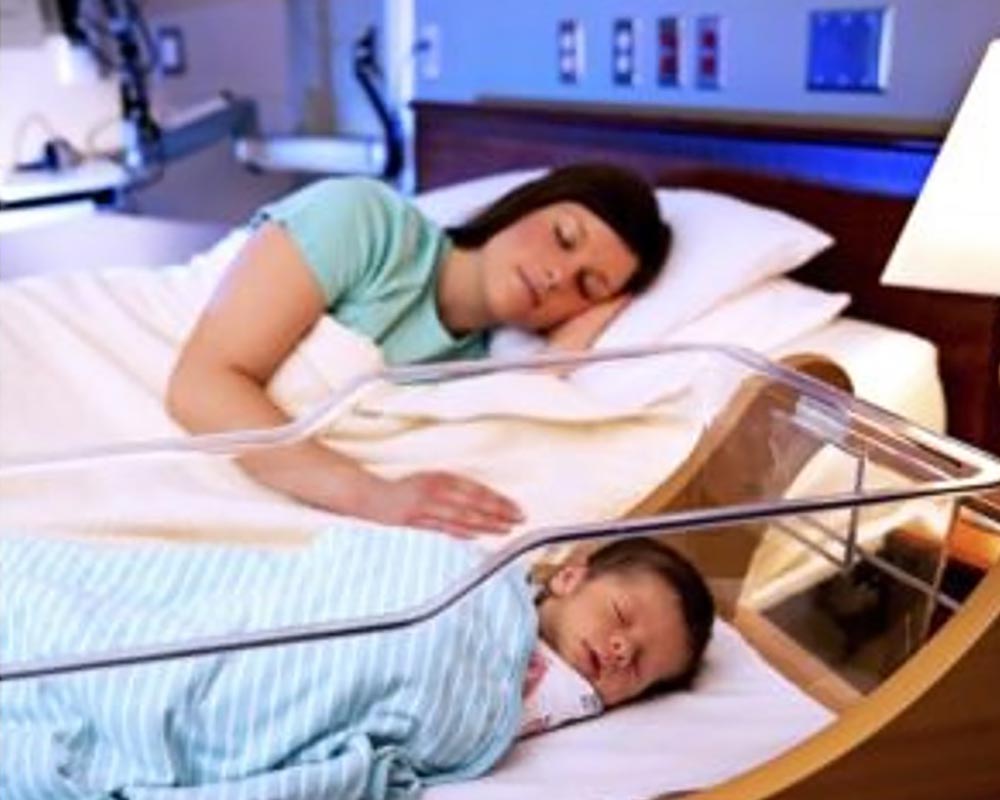Staying viable in business and how to best serve ones customers is a question every business asks themselves and is especially relevant in healthcare today. With the EHR implementation hangover, ACA requirements, Meaningful Use, MACRA and now the looming ACA repeal or adjustments, it is no wonder that healthcare is in a cyclone of transitions. Transition, change and disruption is common in every aspect of our lives. So common in fact, that sometimes we do not even realize its level of impact.
Many years ago, I remember when a well-educated, wise and experienced commercial photographer debated with me that digital photography will never make it in the mainstream. That debate seems silly now, seeing what my telephone can do as a digital camera, I did say phone didn’t I?

The rate of change this past decade has dramatically increased and technology is the leading contributor. The adage of location, location, location being critical to business is still an important aspect, yet in a much different context than in the days of solely brick and mortar businesses. For example: The world of GPS, which is also a function of my phone, has dramatically changed the way we travel and navigate by making it more efficient to find locations, and streamlining our travel plans. Businesses and individuals depend on location based services for delivery, tracking, compliance and functions like Google Maps extensively. When hospitals use location based technology inside their facility, there is an increase in efficiency much like we have in other aspects of life. As an integrator on complicated enterprise systems, IMS has made it a priority to work side-by-side with technology vendors at the frontier of change. Technology and changes help healthcare stay viable and serve patients well.
Remember when Toyota introduced Kanban and the concept of just-in-time manufacturing? This transition and shift to the "Just-in-time" methodology has made it more efficient and crucial for manufacturing to survive. This world of connected, calculated and just-in-time demand has created a world of supply chain systems and processes that ensures effective management, profitability and efficiency. This concept has transitioned into healthcare with the implementation of location technology; treating the whole hospital, patients, devices, practitioners, and spaces as a part of a supply chain has become a necessity. Efficiency is the key to viability for healthcare.
This concept was highlighted in an article by Shane Waslaski, President & CEO, Intelligent InSites, titled Healthcare’s Financial Forecast – Be Efficient or Be Out of Business. In the article, Shane points out that inefficient operational processes contribute to a significant portion of waste and points to examples of organizations that are transforming their operations by leveraging location-based intelligence with continual processes for improvement. Location based intelligence systems also called Real Time Locating Systems (RTLS) are paired with processes and workflow improvements which creates efficiencies that equate to increased profitability, and sustainability. RTLS’s evolution into a reliable multi-technology option allows healthcare facilities the ability to create an efficient internal supply chain by:
- Reducing time spent looking for equipment
- Automating equipment inventory
- Reducing rental needs/rental time
- Decreasing patient wait times
- Automating patient and staff processes
Changing processes, weaving in technology, creating effectiveness is disruptive. Disruption to healthcare also means viability in serving patients better, more profitably and more efficiently. In a LinkedIn post, Anand Natampalli, Senior VP, Sales & Business Development at HGS Inc. shares Why healthcare needs to adopt a disruptive business model. In the post, Anand asks one to consider what a unified, digitally-enabled experience might entail. Granted, he is looking at it from an insurance aspect, but imagine what it means from a healthcare perspective inside a facility; self-rooming, automated care giver notification, patient and workflow automation, staff duress, and asset utilization.
Being involved in implementing disruptive technology and new business processes for revenue enhancing operations for all of my working career is exciting. My work with healthcare facilities helps them understand how to disrupt their processes by implementing location based technology. Although disruption can be challenging to go through, the end result creates environments that build on efficiency, improves customer satisfaction and reduces costs. Some areas to consider creating viability are:
- Asset utilization and management
- Nurse call integration/cancel
- Condition monitoring
- Patient flow and location
- Staff workflow
- Wander management
- Staff Duress
- Patient Safety
- Hand Hygiene Compliance
- Hospital workflow automation
The team at Innovative Medical Systems has been in business for almost thirty years and has been continuously working with evolving technology for eighteen years. Specializing in complicated integrated systems to improve the business of doing healthcare is what we do best. We have built a solid reputation with the customers we serve. Effectively and appropriately supporting over 330 patient security systems is something we pride ourselves in. Additionally, we also work with a number of healthcare facilities implementing RTLS to capture efficiencies to improve their bottom line.
We have seen first-hand how RTLS can disrupt the healthcare environment. It is inevitable that change that will happen. Why not lead the disruption and get a head start;
- How has GPS disrupted printed maps?
- How has Uber disrupted local transportation?
- How has Craigslist disrupted the local newspaper classified ad?
- How has the smartphone impacted the landline?
- How has Google changed how we search for information?
At some point all these were unimaginable changes that seemed futuristic or unrealistic, especially from an ROI standpoint. But today they are common place and have rocked our world by increasing efficiencies, reducing cost and improving our customer experiences far beyond what seemed possible just years ago. I advocate the urgency to disrupt healthcare operations by embracing location based services to remain viable and profitable while delivering exceptional patient care and service.



